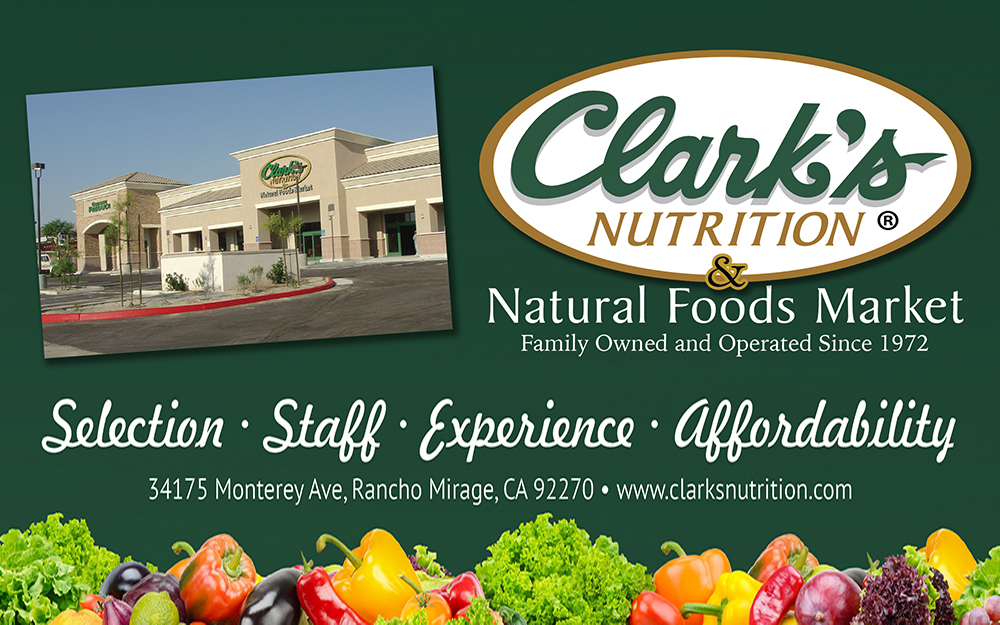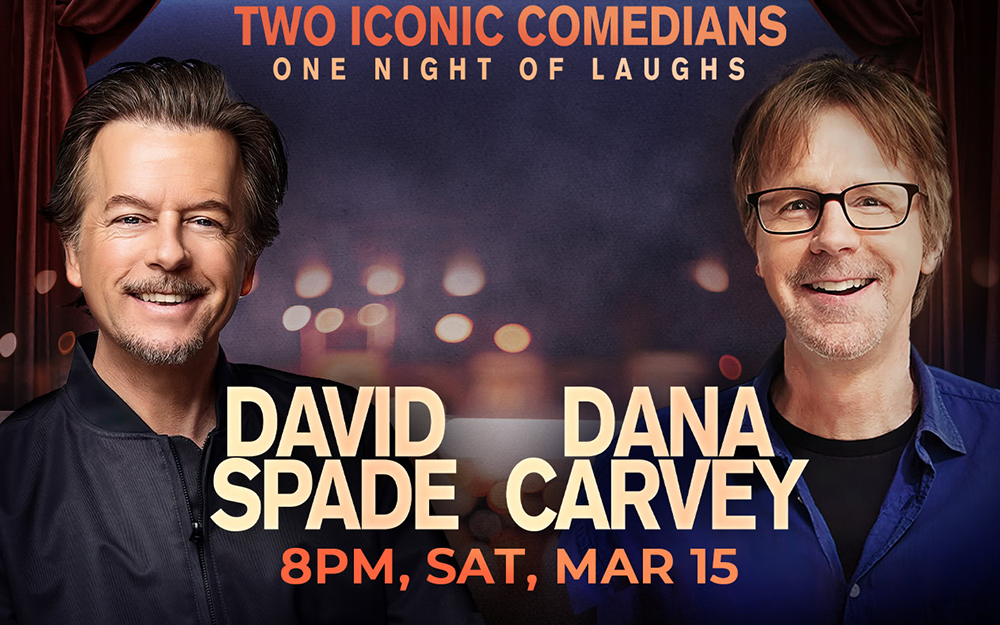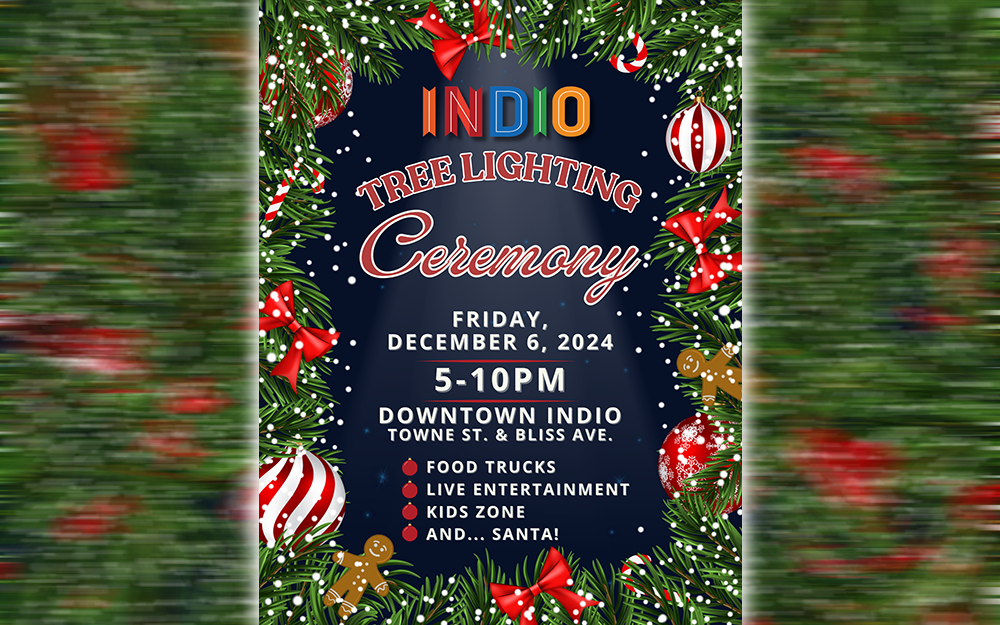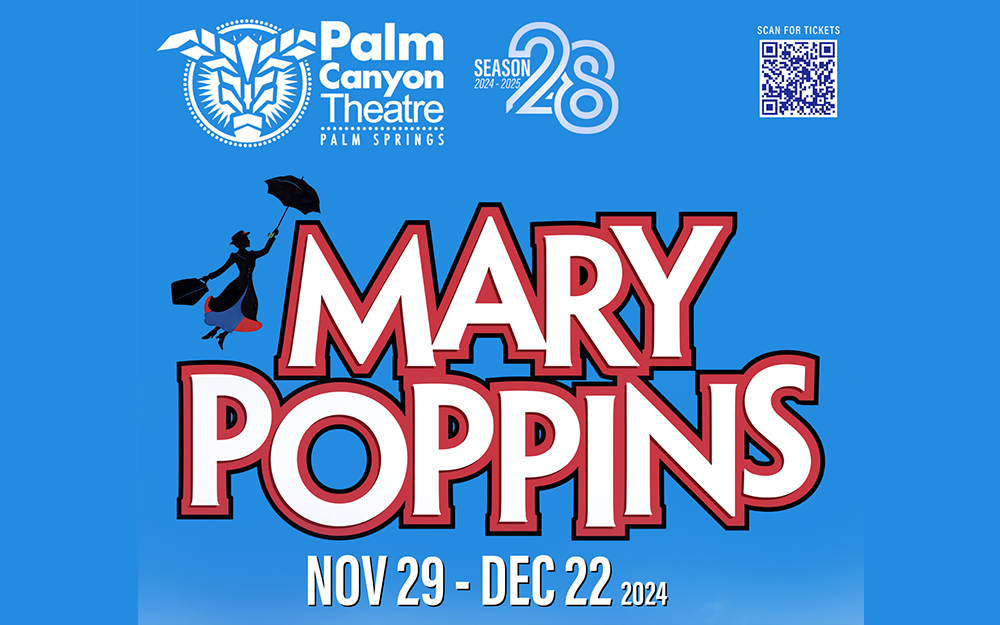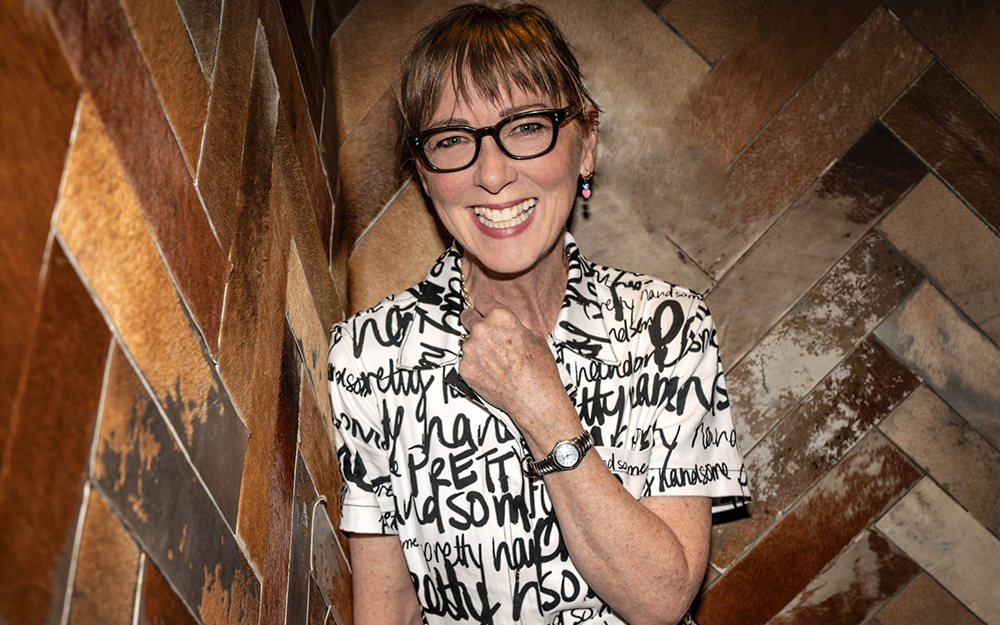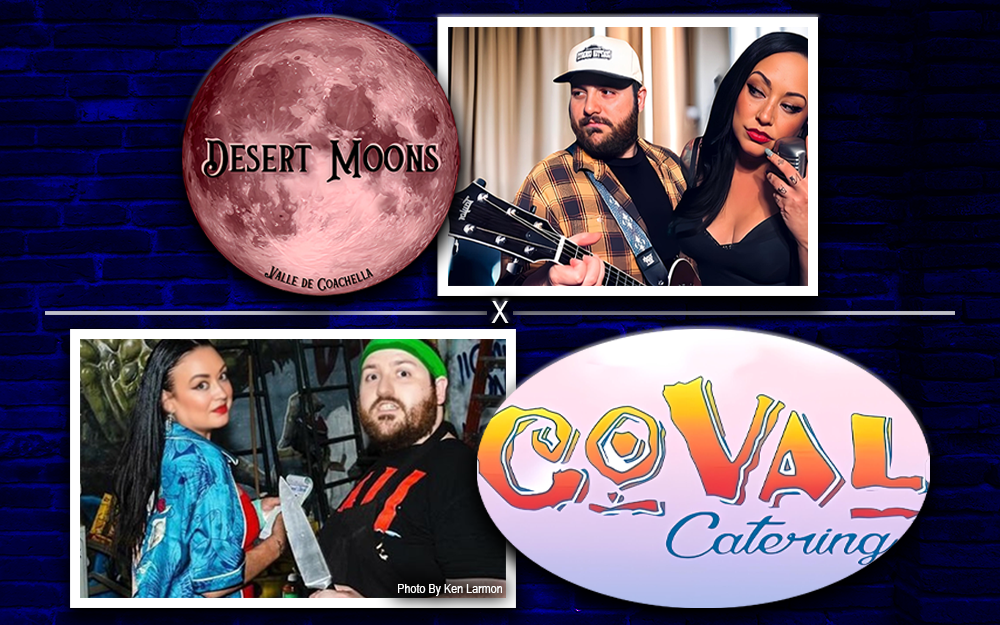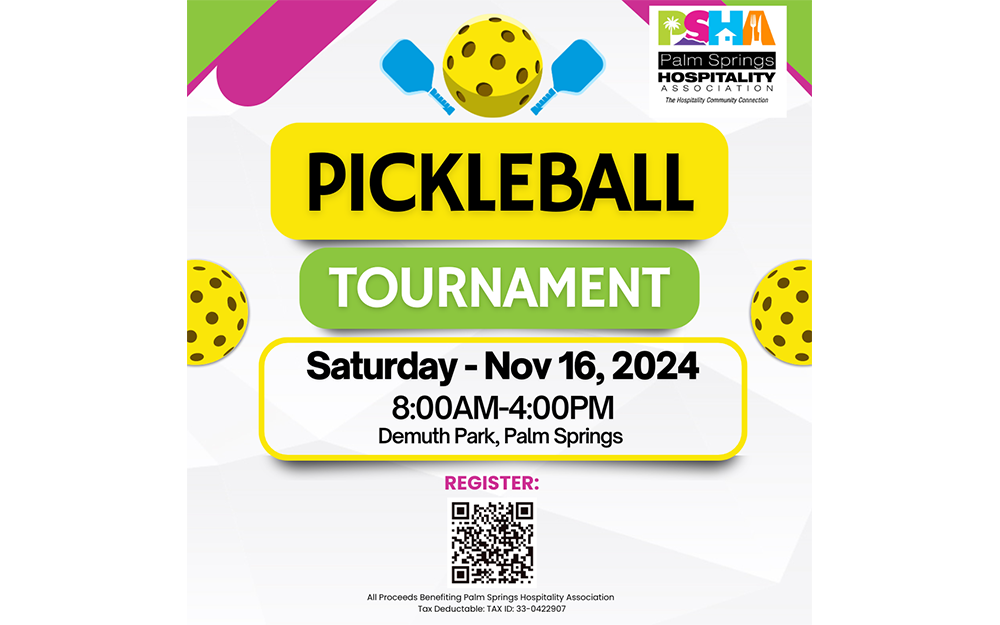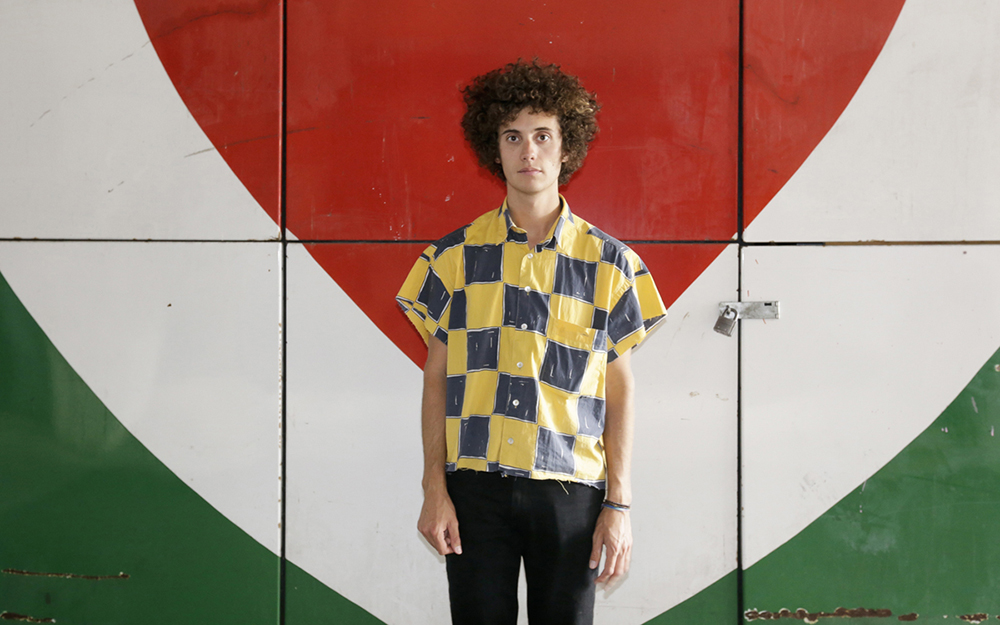
By Rich Henrich
Ron Gallo is just what the music doctor ordered. A simple, straightforward rock machine with the hair of Bob Ross and the heart of a young Zen master peppered with lyrics influenced by Alan Watts, words of insightful wisdom. Gallo straddles the world of nothing and everything, singing sense and non-sense with great conviction backed up by what he describes as a couple of total psychos. Former frontman of USA Today’s Top Band to Watch in 2013, Ron Gallo combines art rock with garage punk into a new brand of rock that is in on the joke. His lyrics flow like literature and hit like social commentary. Hit single “Young Lady, You’re Scaring Me,” captures a glimpse of this brilliance as he sings… “save the sales pitch for the circus in your mind.” The latest release, Really Nice Guys, points his wit simultaneously towards the industry he is a part of and outside of, contemplating whether the world is really f@#$ed up or if the universe is inside of you. Ron says he leans more towards the later. The title track addresses the inability of fans and the music business “to call a spade a spade when a band just isn’t very good.” Gallo underscores this sentiment with lyrics “I say nice set/ Then I get upset/ Because I feel so plastic,” sounds the hook.
I first heard Ron Gallo about a year and a half ago on Baltimore radio station WTMD and caught his live show in an intimate venue a few days later. We spoke briefly before the show; his unassuming manner struck me as a quiet confidence well beyond his years. He was present and in the moment, not searching the room for anyone else, but engaged in genuine conversation about the literature behind his lyrics. Then it was time for him to take the stage. Boom! The quiet ‘could be novelist’ exploded into a bonafide rock star on stage, rallying the audience to join in on the moment of madness with laughter and glee. He had command, but never let on that he took any of his performance too seriously. When the song was over, so too, was the act, until the next song and then he shot out of his body into rock-n-roll personified and later returned quietly to the back of the venue to sell some CD’s and handed me a free one along with a page of philosophical prose he typed up that if anyone took the time to read, they would understand Ron Gallo is more philosopher than rock star, but respects the platform that allows for his brand of social critique.
CVW: What do you like about making music?
Ron Gallo: “I like using music to reflect the times. I used to think everything was f@#ked-up but after traveling (touring in the van) and thinking about everything, I think a lot of that is reflected in Heavy Meta (the last album) but now, I mostly think it’s how you see it. I think it could be the world, but it’s probably me.”
CVW: How is Really Nice Guys different than your last album?
RG: “Well, it’s more about the weirdness of being a musician and the industry that I am a part of but recognizing that I’m making fun of myself and the whole process at the same time.”
CVW: It’s like words, they have meaning but they also can be meaningless.
RG: “Yes! Exactly! It’s nice to express what I’m thinking or feeling at the time but sometimes it feels like this is it, this is what I created, like it or not, here it is.”
CVW: Last time I saw you, was a little over a year ago at Metro Gallery in Baltimore for a WTMD show. Thanks for the free CD and the page of poetics.
RG: “Oh yeah! Cool, you read that?”
CVW: Absolutely. I wanted to reach out but time went by and then I sent you a Facebook message, but by then, you had a professional team of people around you. How has this change impacted you?
RG: (He laughs) “I’m the worst communicator. I try to stay off of Facebook and don’t really like social media so it’s great to have professional people that can do that. It hasn’t changed me, it’s just nice to create and focus on that. You relinquish control, but they are better at getting the message out to the world. I’m not the shameless promo type. I like to make what I make and deliver it for someone else to figure out what to do with it.”
CVW: How did you start your quest in music?
RG: “I started with words. I was always drawn to words and liked wordplay, putting words together, creating stories or writing poems. Even before music. Eventually, I learned how to play the guitar but I really wasn’t interested in playing to become a master shredder or anything, just liked songs and wanted to make songs.”
CVW: Do you see music as a gateway for your thoughts and reflections?
RG: “Yeah, I’d say I was trying to find a vehicle for what I want to say. Heavy Meta was the first time I tried to make music that felt like a contribution not just making music to make music but to make something that compelled me. I think it was the realization that I was looking for purpose in my music and in my life not out of my own vanity but to understand and use the vehicle for something meaningful.”
CVW: Your lyrics reflect a yearning to express a deeper truth. Is it safe to say that you are a poet/ philosopher with a guitar and a microphone?
RG: “That’s perfect! I like that. Yeah, backed by a couple of total psychos!” (his band)
CVW: These “psychos” you refer to, they seem to be in on the joke as well yet get the seriousness of your comedy.
RG: (He laughs) “We’ve spent a lot of time together in cramped spaces. We are total jackasses! You have to get each other. Musically, we have a great dynamic. They are significantly better musicians than I am. The song doesn’t really exist until we all play. I played with 30 people in 3 years and when I was more confident that this was going to be a full-time band, I thought Joe and Dylan would be the right fit. They thought about it and said, ‘f#7k yeah, let’s do it!’ Then they moved to Nashville to join me. It’s a strange thing to do what we are doing and not everyone gets it, musically and their enthusiasm. We click and have fun creating our own universe! We come back from a tour and everyone that sees us on social media thinks it’s great like we made it but we still have to do the work. Nothing changed. You think you are going to arrive and then there you are and someone else tells you you’ve made it but we’re still just playing music.”
CVW: That sounds a bit like a song on the album The East Nashville Kroger Conversation.
RG: “Ahh, totally. I don’t know why people can’t talk about other things. Who are we fooling when we talk about the most basic things that often are about being on tour, going on tour, recording or where we’re playing or what show someone else has or when they’re going on tour. I feel like we’re just going through the motions rather than really connecting about things that matter. Sometimes, I just want to say let’s not talk about work. I’m not just a musician. It’s a thing I do but I do other things to. Let’s talk about that and actually connect as humans.”
CVW: You’ve spent some time on the road after Heavy Meta and now with Really Nice Guys. What have you learned about some of your own questions about being human?
RG: “It’s been interesting to me to realize everything is a choice. The things you consume, how you treat people, whether you suffer or experience joy, it all comes from you! It’s tough too, even though it is liberating, there is the awareness of greater personal responsibility for your own actions. I am striving to be aware of this, in all things and all people, to just have endless compassion. In Heavy Meta, I was more cynical and really frustrated and not always able to find compassion for what I saw in society. Now, things have changed a lot on how I see it. This change had to be an internal change for me. Our minds are dynamic but there is a huge disconnect between mind and being.”
CVW: Do see more positive in the world than negative now?
RG: “I believe all humans are inherently good but some lose sight of the purpose of being human. There are some really horrible, evil things that happen in this world. Our ego can manifest the unimaginable whether it’s killing people or making fun of a kid on a playground. I used to take these things personally than I realized that a lot of people are just extremely lost. Most of my life, I was pretty lost, too. We all have potential to do what we don’t like in life.”
CVW: How do you avoid becoming what you don’t want to be?
RG: “We can’t fight hate with hate. Love conquers. Love, truth and freedom are good things so I try to be those things, resonate with those thoughts and I am able to cut through a lot of facades and even see people who are troubled with more compassion. We all have potential.”
CVW: Being a pensive person, is it a challenge for you to interact with people that might have a different idea of who you are, the rock star on a stage?
RG: “There is a major disconnect between what people see my life as and what it actually is to me every day. With Really Nice Guys, we created a character for this EP that comes from dealing with this weird, funny, dumb shit that we are really just making for ourselves. It’s who we are observing who other people think we are and being between these two realities. We want to show that it isn’t always glamorous, mostly it isn’t glamorous. People tend to interact based on the external identity and I guess I used to think there was an arrival point but it’s not about the external, it’s all about the internal destination you arrive at by developing yourself.”
CVW: Are there any books or philosophies that have guided your internal growth?
RG: “I spent a lot of time seeking and exploring more existential questions. I read Krishnamurti, but it wasn’t for me yet. It didn’t hit. I needed something else. Then I read New Earth by Eckhart Tolle. This was the first book that really spoke to me and made me think about a universal existence. It was worded in a way that hit home and would send me into laughing fits from deep realizations. Osho was a crazy documentary and I enjoyed some of those teachings, but found Adyashanti, a spiritual teacher, was serendipitous and made a profound impact on me at a point I was starting to make myself miserable from seeking and thinking I was missing something.”
CVW: What have you learned and how has it helped you approach the business of music?
RG: “Well, two things I learned that really helped me are 1.) it is what it is and 2.) learning to accept the responsibility to live by example. I believe you have to experience something to really know something. It’s not enough to just talk about it. As a person that creates shit the duality of non-meaning and meaning can be a lot to think about. If you are trying to help humanity, you can’t change the world or anything. I hope I can maybe provide some guideposts for people to find and maybe point them to their spot. I have learned the importance to not be attached to the results, just keep doing the work. I can’t control much of anything outside myself. That understanding takes a huge load off!”
CVW: A little over two years ago, you were playing small venues and now you’ve played SXSW, Bonnaroo and now Coachella. How did this trajectory come about?
RG: “The irony is I used to spend most of my time in pursuit of all musical things; my goals and dreams where to play these festivals. What’s funny, though, is the more I learned to let go of the external rewards… I was not so phased when the moment arrived. That’s not to say that I’m not grateful because I am incredibly so. It was a change in my conversation with myself, saying I’m nothing until (blank), and once I reach that goal, then I’ll be happy. I thought if I achieved these things than I would be rewarded with internal happiness. But that was not the right way to think about my own happiness.”
CVW: What did you discover once you reached these external goals?
RG: “You think there is an arrival point but then you arrive and you are actually just doing the same shit you’ve been doing. So, I had to just realize that we’re just doing some really cool stuff and we just need to keep doing our thing. It doesn’t change anything and we don’t want any of the external stuff get to us. We’re all super grateful to be playing music and sharing it with people but (the big stages) could all go away in six months and then it would be just us making some more music.”
CVW: What bands are you excited to see?
RG: “I’m super excited to see Angel Olsen! She’s amazing!”
CVW: What question do you wish a journalist would ask you but are surprised they never ask?
RG: “This! This has been an amazing interview. Sometimes a five-minute interview feels like two hours and sometimes…we’ve been talking for an hour and it felt like five minutes. Most ask Wikipedia type questions. I’m surprised people don’t ask more weird questions or things that are more about humanity. I wish more could be like this.”


